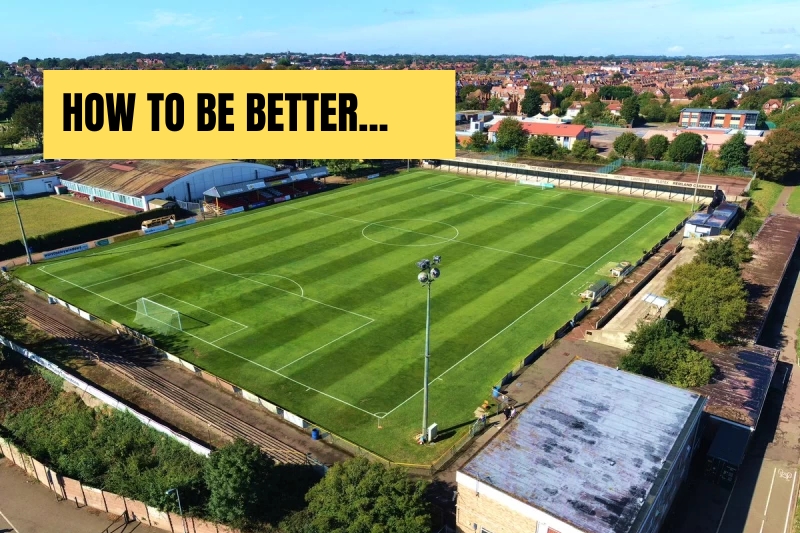How to be a better scout next season
It’s natural to think back on the season thinking of what went well and what I’d like to improve. I did the same last season which you can read. This post will do the same. It might provide some insight about next season (which will be with a new club) and help me work out how to be a better scout.
Here’s the list of what I’d do differently, copied from the back of an envelope. Below I’ll examine each point in a bit more detail.
Stop trying to cover everything in a report
Keep notes on every game
Midseason sharpen the saw – courses and notes
Watch more Folkestone games and study them too
Detailed notes on every team
Go to more games
Enjoy it more – it goes by fast
Stop trying to cover everything in a single report
This came to me late, towards the end of the season, why I was noting how one player on a team would flinch if trying to stop a cross. It’s not worthless information. These players are easier to beat, but it’s not the killer insight that will win the game.
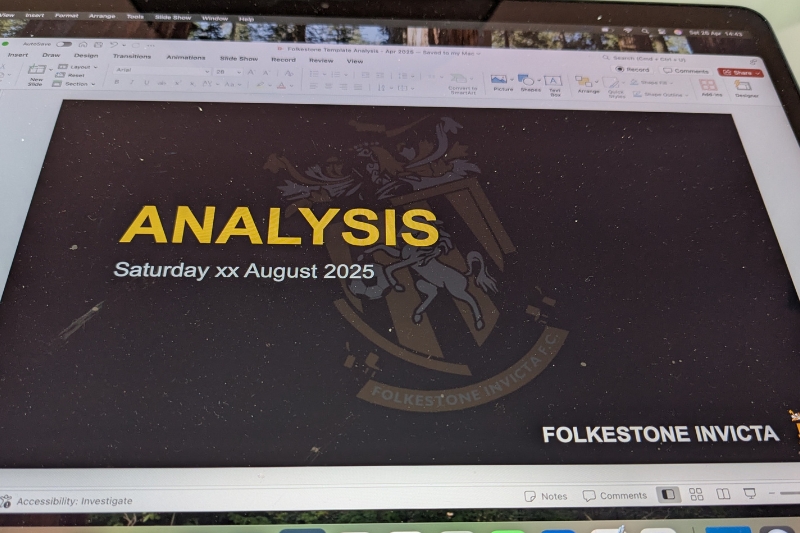
Instead, I’ve realized that it’s not only about pointing out a team’s strengths and weaknesses. It’s about picking out those which will make the most sense to our performance. Then taking it a step further. What do they do well? How do they do it? And why?
That after all is the bigger deal, and where my analysis might step up. Spotting what a team does is straightforward. The WHY is much harder, but much more useful.
Keep notes on every game
I decided on this midway through the season. Up to that point, my shorthand observations were on scrap pieces of paper. And as each game came and went so did these notes. Usually to the recycling bin. Then, as if struck by the blinding obvious, I thought it might be better to keep these notes in one place to reference later. I know I know, obvious isn’t it?
And so I created my Arrigo notebook.
It’s called my Arrigo notebook after Arrigo Sacchi, the legendary manager of AC Milan back in the 1980s and 90s. In his book The Immortals he describes how he would make daily notes in his notebook. He’d scribble thoughts on everything. Training session, match results, anything.
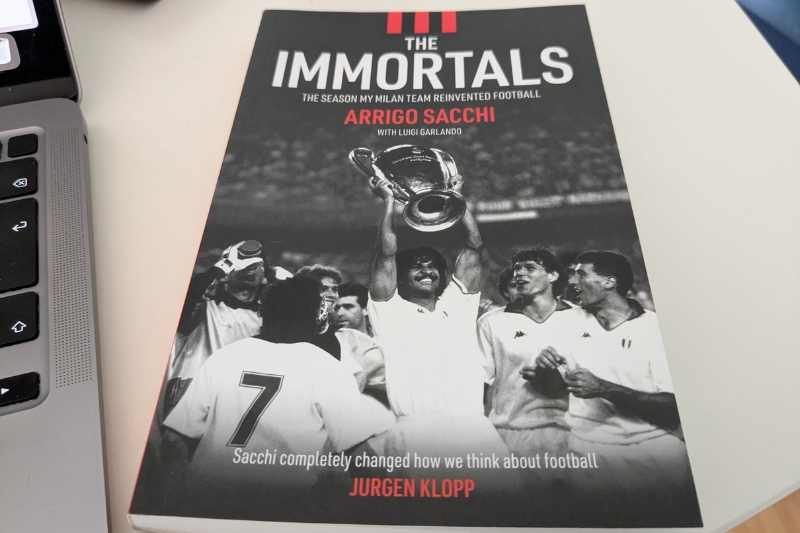
(As an aside I even tried to find a Smemoranda diary that he used, but balked at paying the ludicrous shipping costs).
And so into this go all my notes on a team I’m looking at. Strengths, weaknesses, anything I notice whether it goes into the report or not. The idea is that it will always be something I can refer to.
Mid-season sharpen the saw – courses and notes
I did this late this season. I took a new course before easter which refreshed my tactical knowledge on a lot of things. It served to reinvigorate my enthusiasm at a time when I was super busy.
Which made me think a mid-season refresh wouldn’t be a bad idea. Go back through notes, courses, and try to recharge your understanding. Put another way – to study. It’s easy to think you know something after reading a book. But without making notes, and absorbing that information, the knowledge soon drains away.
Watch more Folkestone games and study them too
Shortly before the end of the season the management team I work for joined Folkestone Invicta. Which means I have a new club.
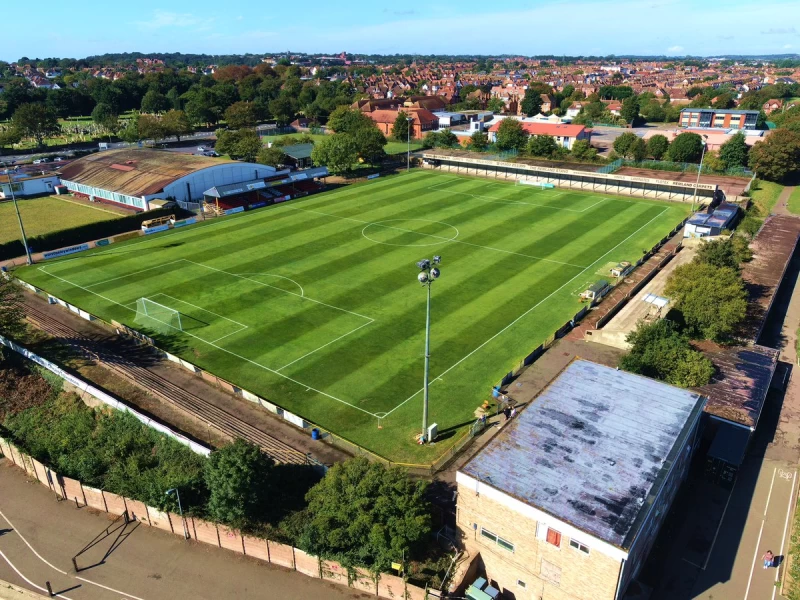
One of my biggest flaws as a scout was not getting to know the inner workings of Tonbridge Angels. I know that sounds odd given they were the club I worked for. But the reality was that I didn’t have time. There was little opportunity to watch their games.
I need to change that with Folkestone.
Until now I’ve always thought that to watch a game and understand it requires coding or lengthy notes. But that takes much longer.
Instead, I plan to at least watch Folkestone Invicta match footage. This will give me an idea of their tactical setup. And, when I get the chance, talk to the management team about it.
What I know about my team can only help when it comes to examining other teams.
Which leads to…
Detailed notes on every team
This is an extension of my Arrigo notebook. But next season I plan to keep tabs on all teams throughout the season, rather than in the week before we play them.
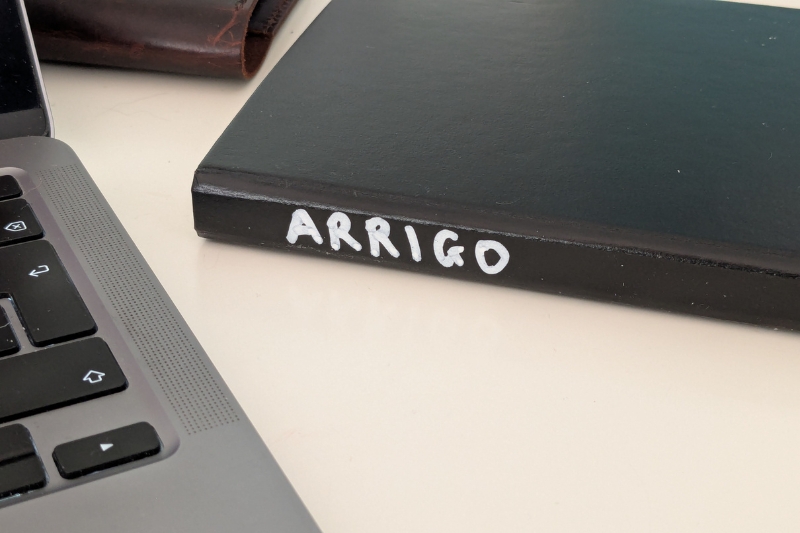
I don’t mean anything too in-depth (the key theme you might have noticed is a lack of time). But general tactical elements of their game. Formations, preferences, that sort of thing. And key players.
Go to more games
This might sound ironic, but I hardly ever get to games. There are a few reasons for this.
I’m usually too busy. I watch video of teams between a regular day job. This is usually on a Sunday, which makes Saturday my day off. And if there’s a Tuesday game then the whole weekend is usually spent watching video.
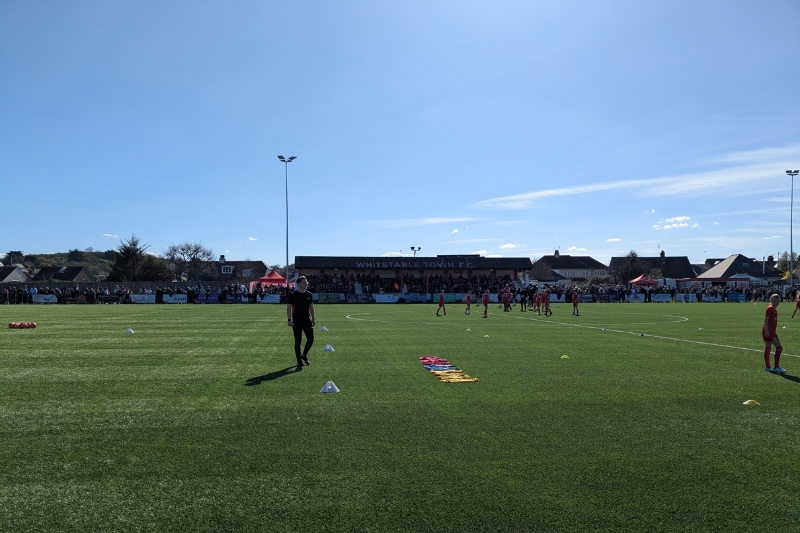
But on those occasions I do get to a game I remember how different an experience it is. You see more, you understand more, and you enjoy it more.
Which brings me to my final point…
Enjoy it more
The season goes by so fast you sometimes forget to pause for a second and enjoy it. I write this an hour or so before the final game of the season. Not long ago we were getting through a busy Christmas. Now, with the weather changing, we’ve already reached the end of another season.
From here the summer looks long and devoid of football. But it will soon be July when pre-season gets going again. The new season will be upon us as suddenly as it ended.
That’s a lot. And if I’m honest some of it may fall by the wayside for all sorts of reasons, as well as time. But it helps to have an ideal in mind. A way of doing this job that will improve my ability, and strengthen the quality of reports I send to the club.
One last thing…
Finally, and I’ll call this a bonus item for the list… I’ll try to reach out to other scouts. To talk shop. To share ideas. Or anything.
Starting now.
So if you’re a scout, of any type, any age, any level. If you’re trying to be a scout or are simply a casual reader… feel free to reach out. Let me know how it’s going. What’s gone well this season? How are you trying to be a better scout? I’m interested to hear.
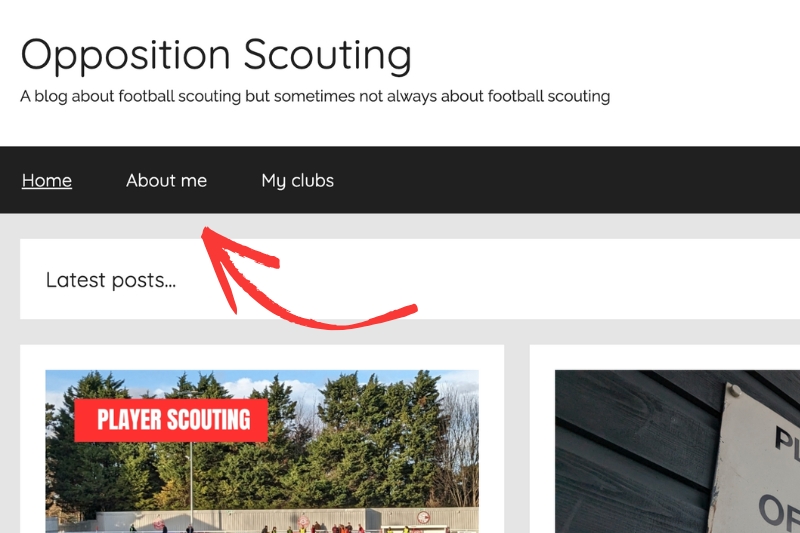
You can find my contact details on the About Me page. Or sign up to my (free) substack. I look forward to hearing from you.
